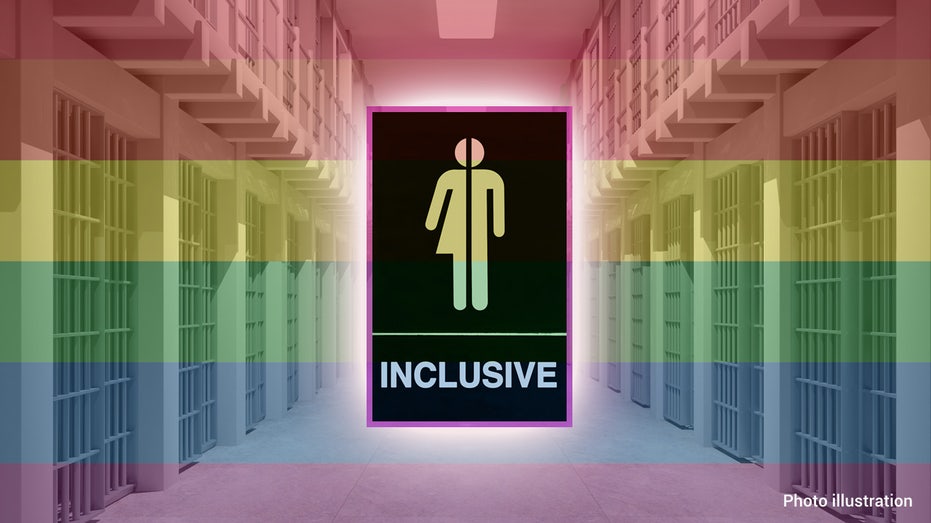Breaking: Scandal-Ridden School District Faces DOJ Inquiry Over Transgender Locker Room Controversy
Virginia Attorney General Jason Miyares escalates feud with Loudoun County schools, referring them to the Justice Department over transgender locker room policy backlash.

The Loudoun County Public Schools (LCPS) district in Virginia has once again come under intense scrutiny as the state’s attorney general concluded an investigation into alleged Title IX violations, unlawful retaliation, and viewpoint discrimination. The matter, which stems from controversy over transgender bathroom and locker room policies dating back two years, has now been escalated, with the findings formally referred to the federal Department of Justice and Department of Education for further review.
Attorney General Jason Miyares announced this week that his office had found evidence suggesting that students had been targeted not for misconduct but for voicing discomfort after being required to share a locker room with a transgender student. Miyares emphasized, "Title IX was never meant to be used as a weapon against free speech or religious convictions." He insisted that students have a right to speak openly about their beliefs without fear of reprisal, calling the protection of these rights fundamental to American values.
Following the referral, Assistant Attorney General Harmeet Dhillon vowed a thorough investigation, reaffirming that sex-based discrimination and student safety remain top priorities at the federal level. Dhillon asserted that the Justice Department will examine the facts closely and take appropriate action as necessary. She criticized the school district’s “transgender” policies, contending they have stripped many students of their basic rights.
The state probe, focused on events at Stone Bridge High School, found that three male students were subjected to a Title IX investigation after raising objections—some rooted in religious beliefs—to a policy allowing students to use restrooms and locker rooms that correspond with their gender identity. Additionally, the boys reported that a biologically female student, who identifies as male, allegedly recorded them in the men's locker room. The parents of the affected students have expressed deep concern, noting that their children faced formal accusations of sexual harassment after raising issues about privacy and safety.
Miyares’ office noted there have been repeated reports of adverse actions by LCPS against parents, teachers, and speakers who voiced dissent over the district’s handling of gender identity and sexual misconduct cases. This follows prior incidents that catapulted Loudoun County into the national spotlight, including allegations that the district concealed information about sexual assaults in its schools.
In its initial response to the attorney general’s findings, LCPS underscored its ongoing commitment to student safety and compliance with applicable laws. The district stated it had not received official communication or detailed findings from the attorney general and was therefore unable to fully participate in the investigation or provide substantive comment. "To date, no findings have been shared with LCPS," a spokesperson noted, stressing the district’s limited involvement in the process so far.
Requests for comment from the Department of Education yielded little further detail, as the department indicated it does not confirm the existence of complaints. Despite the ambiguity surrounding the outcome, the case is poised to keep Loudoun County at the forefront of a heated national debate over transgender rights, school policy, and the balance between inclusivity and the protection of all students’ rights in public education settings.
The latest developments echo earlier controversies involving the district, most notably when a father accused the school board of covering up his daughter’s alleged sexual assault by a biologically male student in a school restroom. With federal authorities now involved, stakeholders across Virginia and beyond await the next chapter in a saga that has become emblematic of wider national tensions over gender identity and student protections in American schools.




